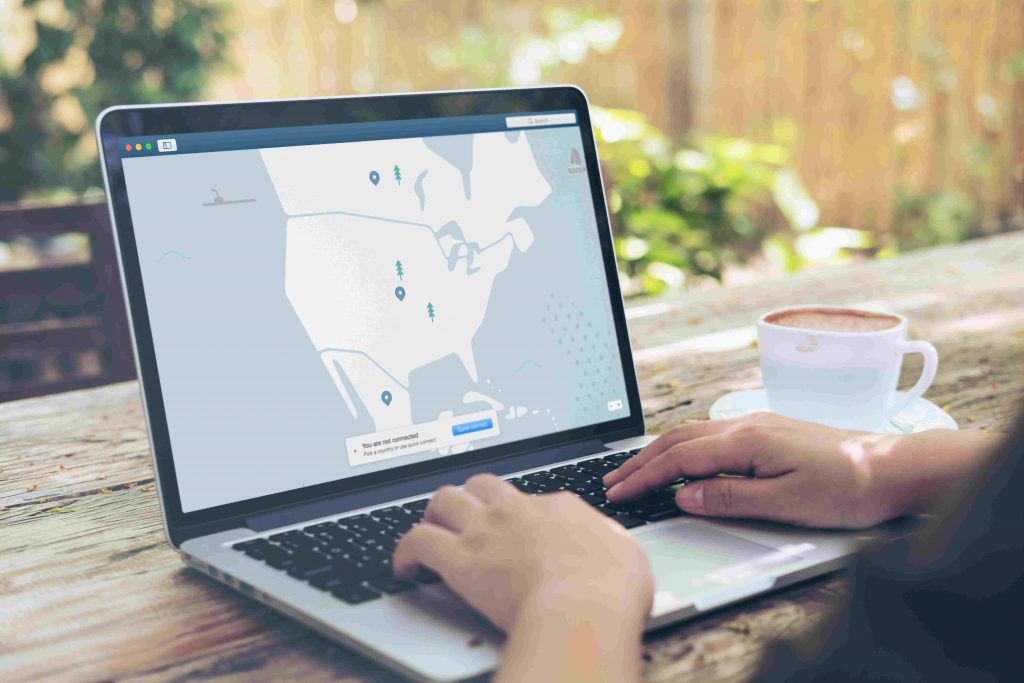What Your IP Reveals
It’s commonplace knowledge that your IP can reveal various data about your location, including your country, city, ZIP code, and time zone. Another important thing about your IP is, though, that it is usually unique. Of course, there are cases of local networks with a mask, so all its users are seen by outsiders as having the same IP address. There are also shared proxies where the same IP can be used by various users in turn. But these are rare exceptions. Most Internet users now have their own IP addresses, and this can be used both in and against your interests.
How IP Authentication Works
Usually, IP authentication works this way:
- You try to enter some resource (a website, a database, an FTP server, etc.) 2. As you ping it, the server retrieves your IP address. 3. The server compares your IP address with a list or a range of allowed IPs. 4. If your IP matches the requirements, you can enter. If not, you see the “Access denied” message. Usually, IP authentication is used as a part of more complex authenticated methods, like digital fingerprint systems. But sometimes it is used by itself, usually with a wide range of addresses. For example, when you visit the site of the American HomeDepot store, you need an American IP, and BBC Sports only allows British users. The visitor’s location is defined by their IP.
How to Work Around IP Authentication
There are two possible problems with IP authentication: · You don’t want your IP to be recognized. This problem can be solved by using literally any proxy, no matter if free or paid. · You want your IP to be recognized as qualifying for authentication. It is mostly about location. So, you need not just any proxy, but a proxy of a certain country or region. As you see, both problems can be solved (in theory) with the right proxy. Of course, if you need to access some restricted database, FTP, or web interface, you need to connect its admins and convince them that you need this access. If you do, they will just include your IP in the list. But this concerns personal authentication. For location-based authentication, a proxy is enough. Often, corporations use their own proxies for their employees to be authenticated automatically. Also, read How to Have Faster Internet Speed While Connected to a VPN
When They Know You As You Enter
IP authentication is a powerful tool for controlling access to certain resources. Though, in some cases, using the right tools can get you through the barrier and open the sites you want. It just takes a proxy located in the right region.



